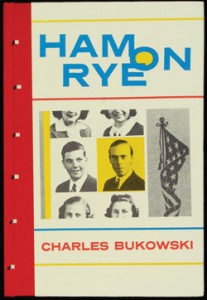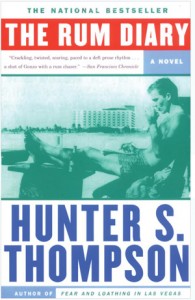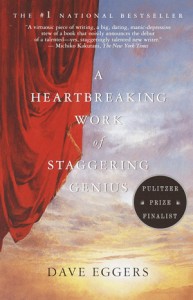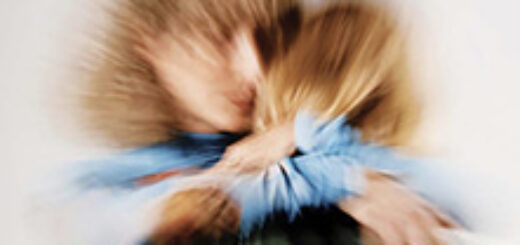Check out some of our favourite books in your free time
Ham on Rye
by Charles Bukowski
Charles Bukowski’s take on his own childhood is a heartbreaking work that somehow never ceases to be gut-wrenchingly funny.
It’s about getting beaten and beaten, over and over again, but never giving up because you never got going in the first place.
All Henry Chinaski, the main character, wants is to get laid, get drunk and be left alone.
He never gets his wish as he continuously runs into people that just want to beat his boil-ridden face into mush.
From his venomous father, to his so-called “friends,” to his horrifying acne, Chinaski can’t catch a break. It’s only when he discovers the all-encompassing power of booze, women and the written word that he knows exactly who he doesn’t want to be.
Bukowski writes with little pity for himself. There is no remorse here, just a never-ending wave of shit that he has to wade through just to get a decent night’s sleep.
Bukowski is at his acerbic best when describing the stupidity of everyday life, but every once in a while, when the sun peeks out from behind the clouds and we see the gentle spirit within, we realize that Bukwoski is far more profound and true than we could ever be.
Those are the moments that make this book truly special.
— Michael Bull
The Rum Diary
by Hunter S. Thompson
My grandmother is a 92-year-old devout Anglican, so the appearance on her bookshelf of Hunter S. Thompson’s first novel, rife with drunken debauchery and maniacal eccentrics, was a mystery, but I gleefully snatched the first-edition from her monolithic bookcase and devoured it. The Rum Diary is a chronicle of an intrepid newspaper reporter skulking and boozing through Puerto Rico during the ’50s, and it grabbed me.
First, it was about the tropics, and Puerto Rico sounded both flamboyantly bright and gloriously dilapidated compared to the frigid cold of Calgary, or the dull damp of Vancouver.
Secondly, it is Thompson’s writing before he was truly crazy, and as a result the character of Paul Kemp is much more relatable than some of the later twisted visions. There are no odd or unsettling drugs, only copious amounts of liquor.
The book conjures a feeling of life on the edge. The Rum Diary highlights tense interpersonal relations while sipping drinks and sweating on a patio bar. Parts of it are downright frightening, as fragile characters lose themselves in a cathartic release that borders on depravity.
The lasting image is during a street festival when ordering drinks in a run-down saloon. Rum is $0.75 a gallon, but ice is a dollar per glass. To get drunk is easy, but to keep cool is costly.
— Edward Osborne
Dave Eggers’ award-winning and bestselling autobiographical account of his family’s broken and staggered past truly stands up to its title, self-serving as it may seem. The audience is pulled into the midst of Eggers’ parents’ deaths, both of whom succumb to cancer.








